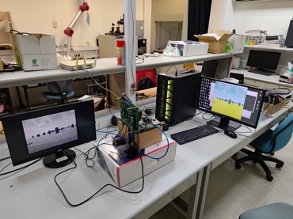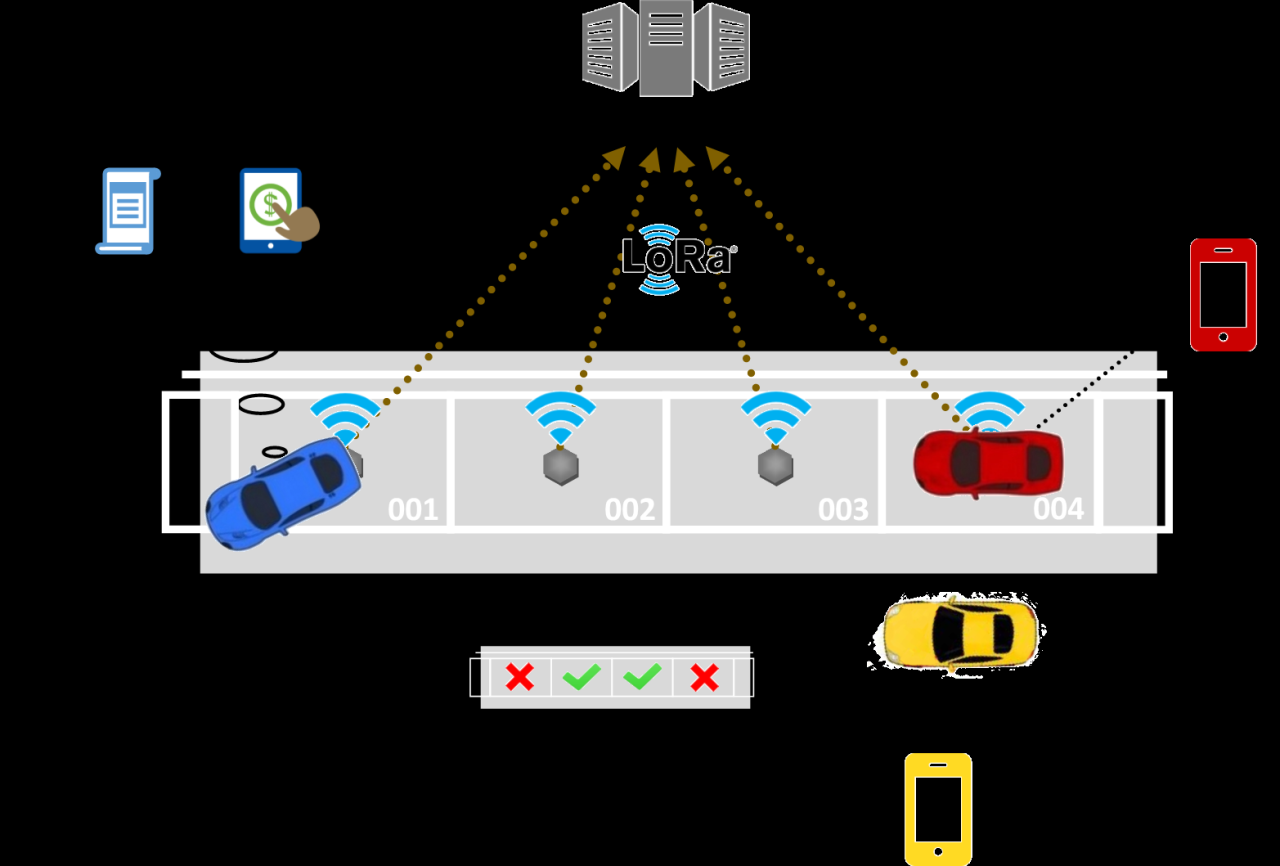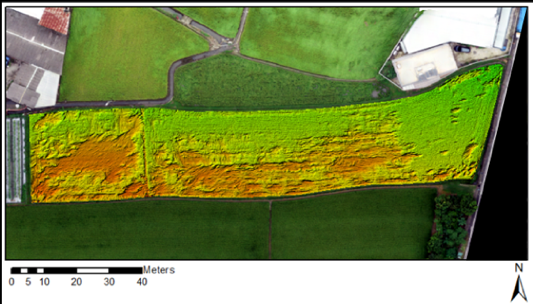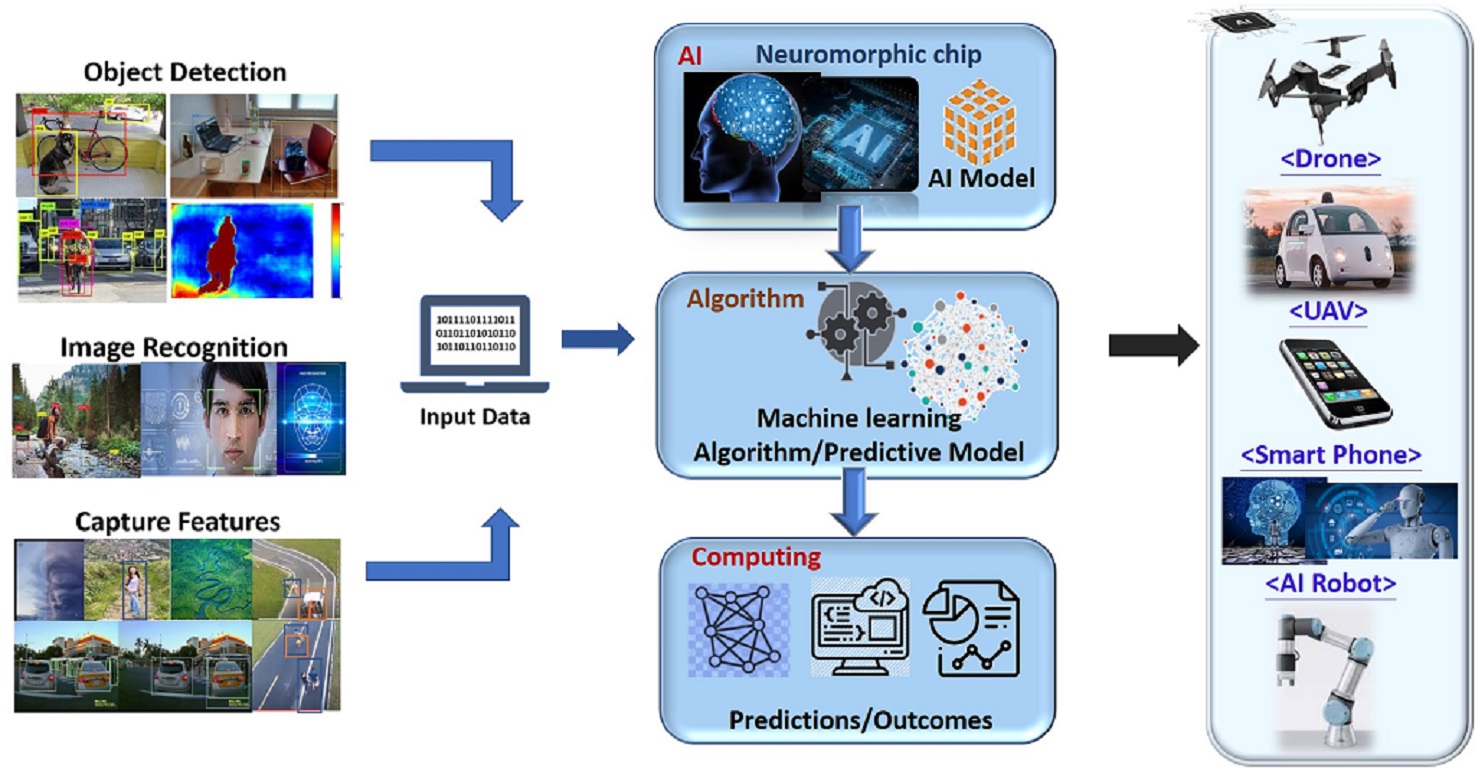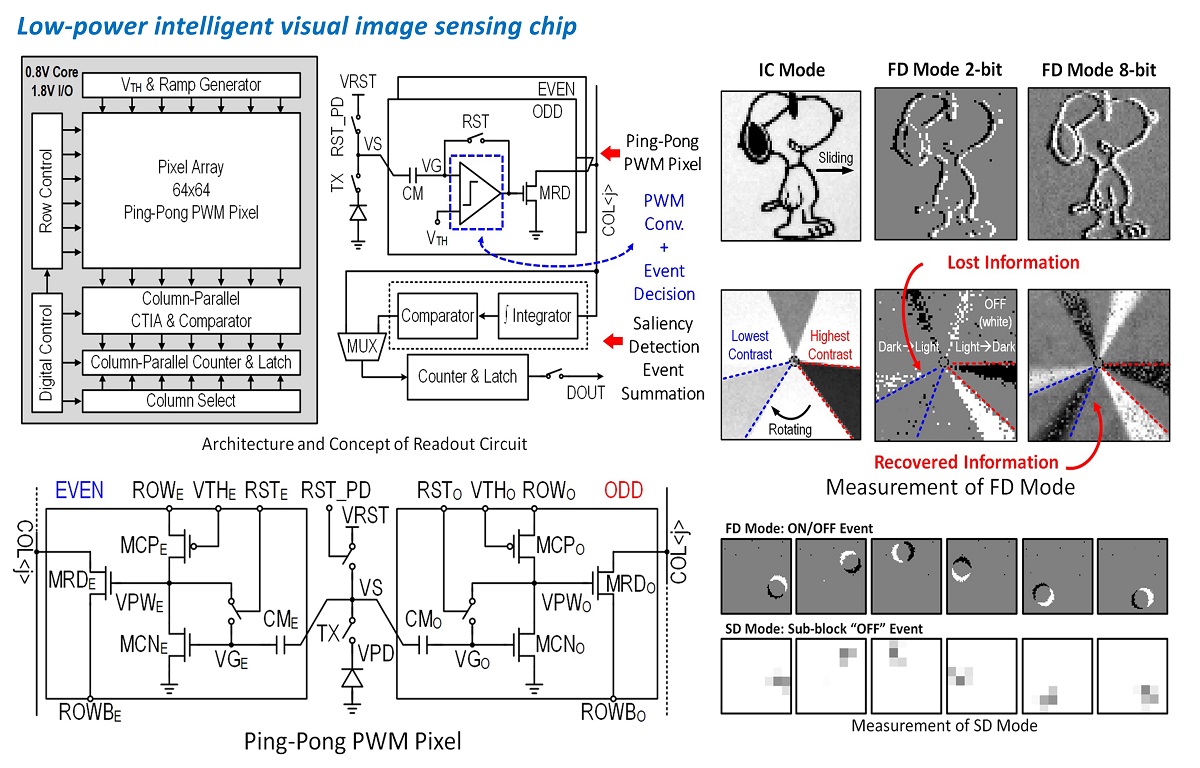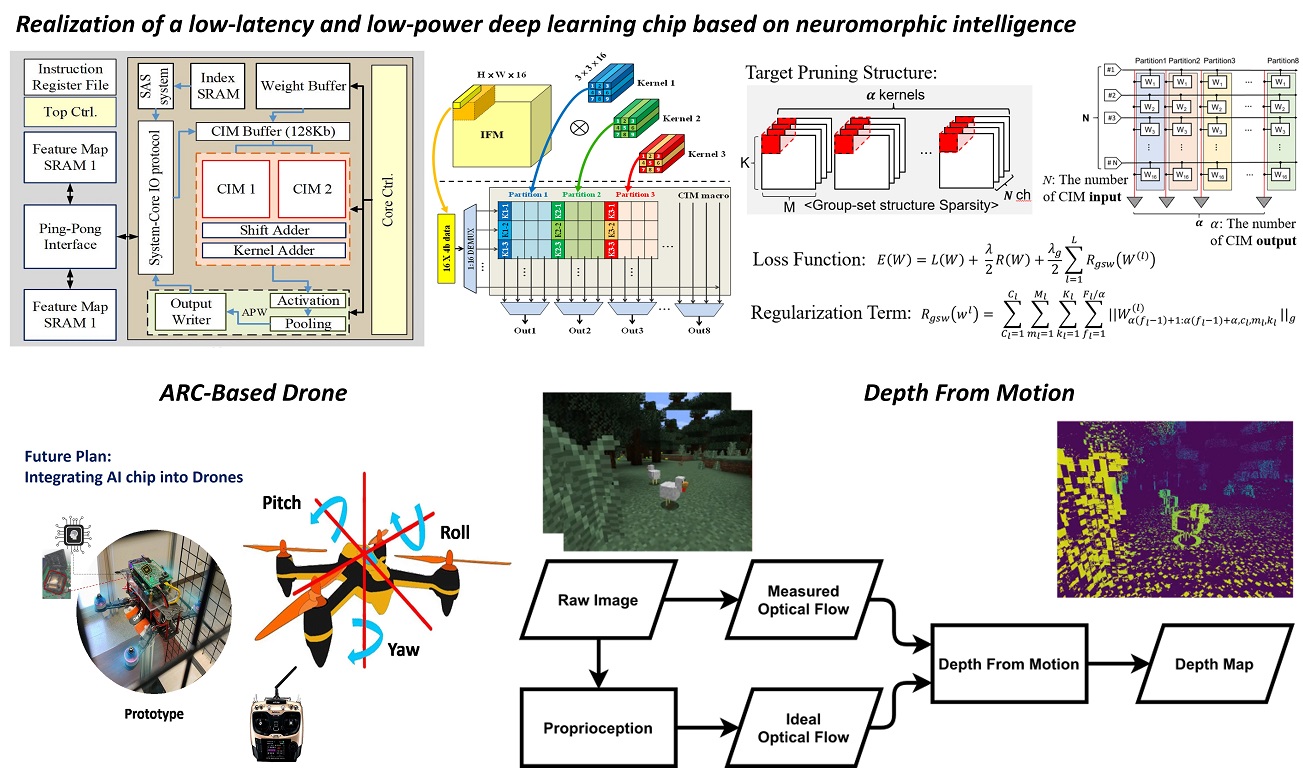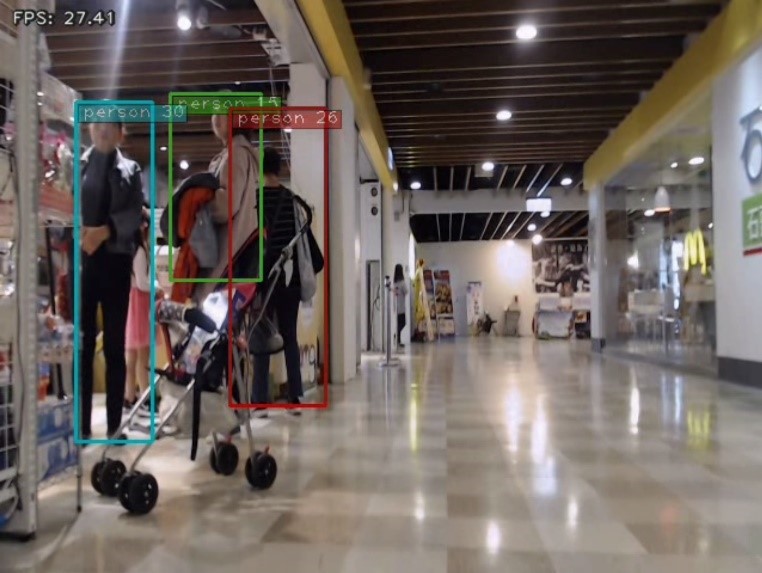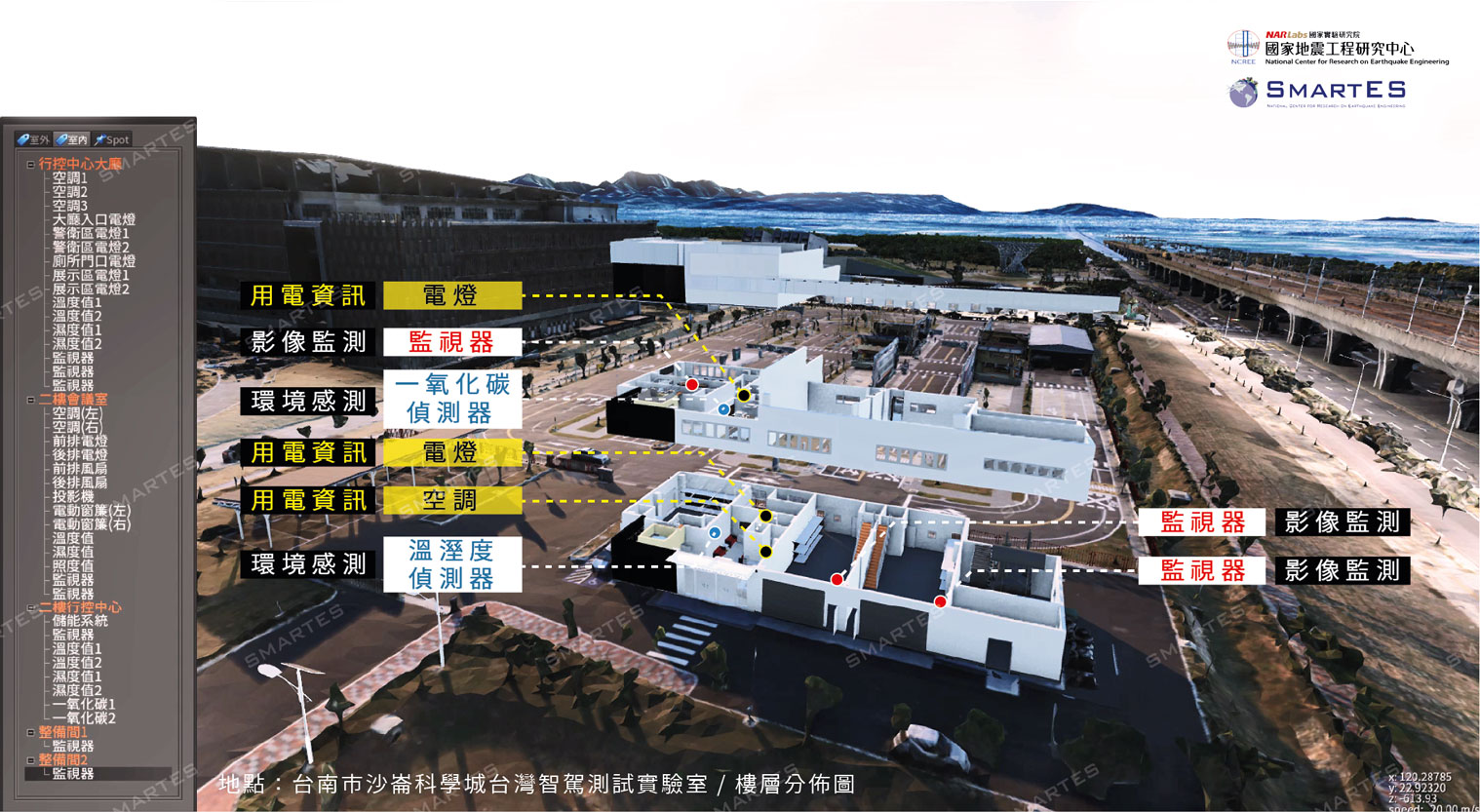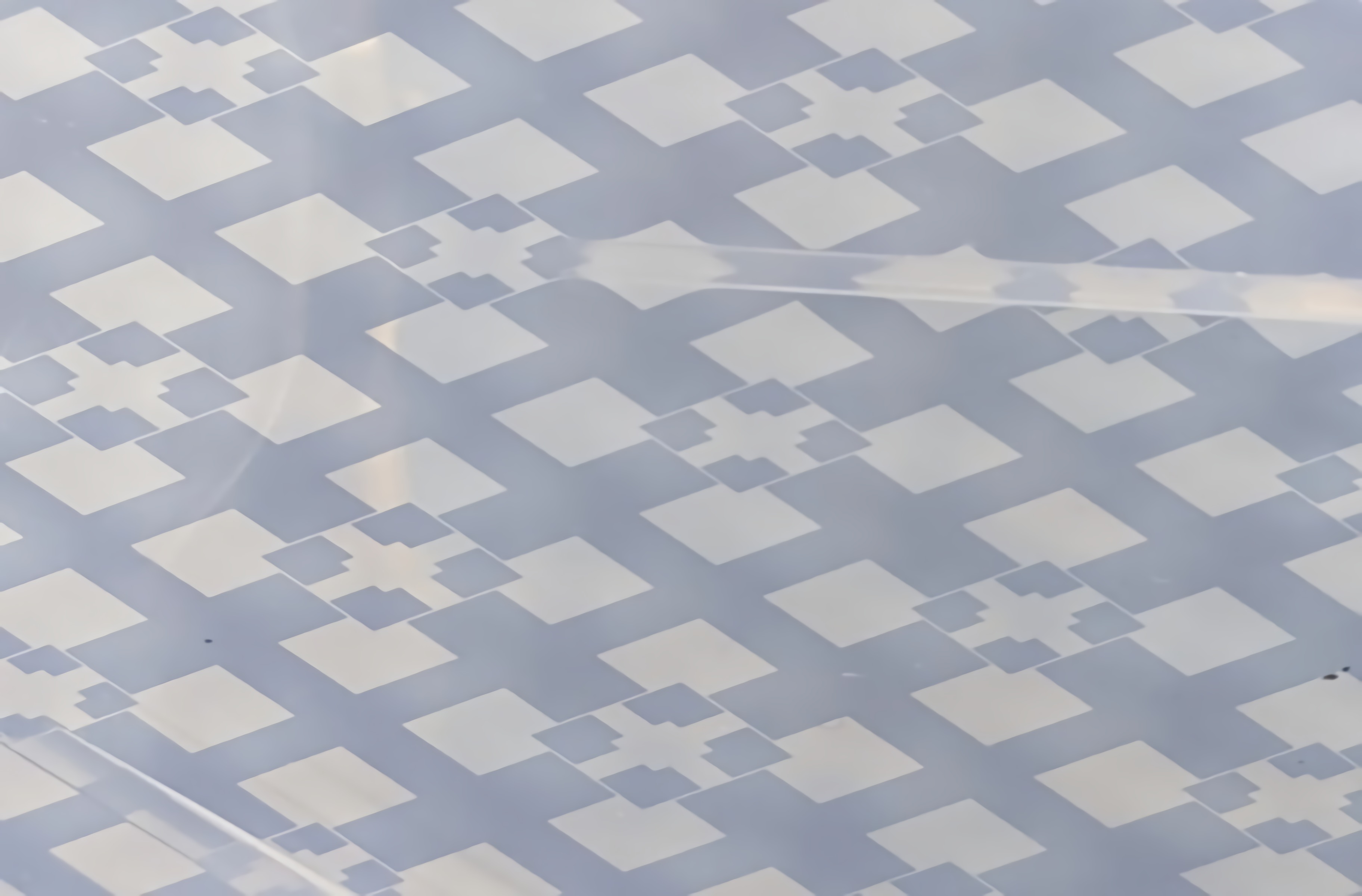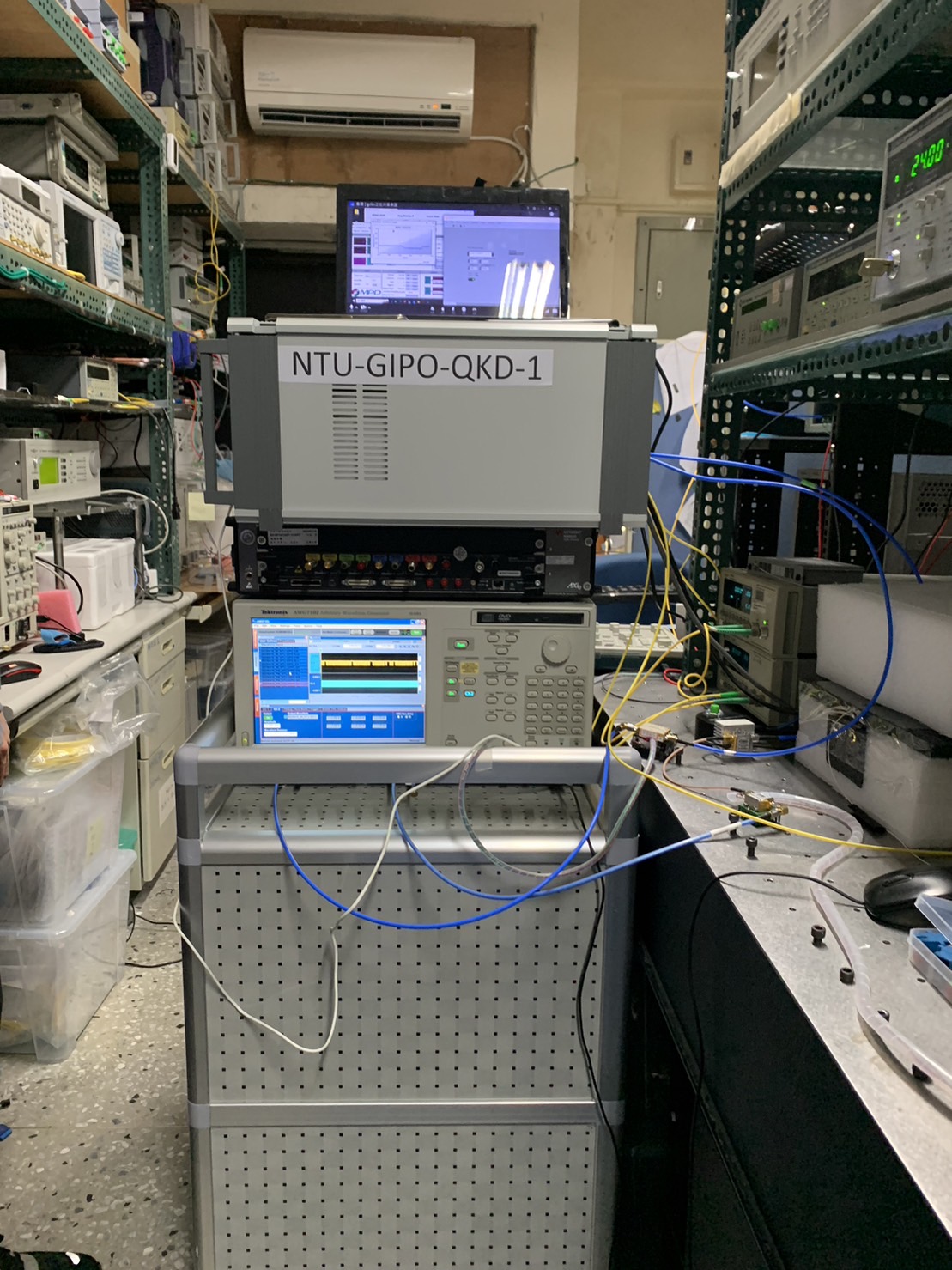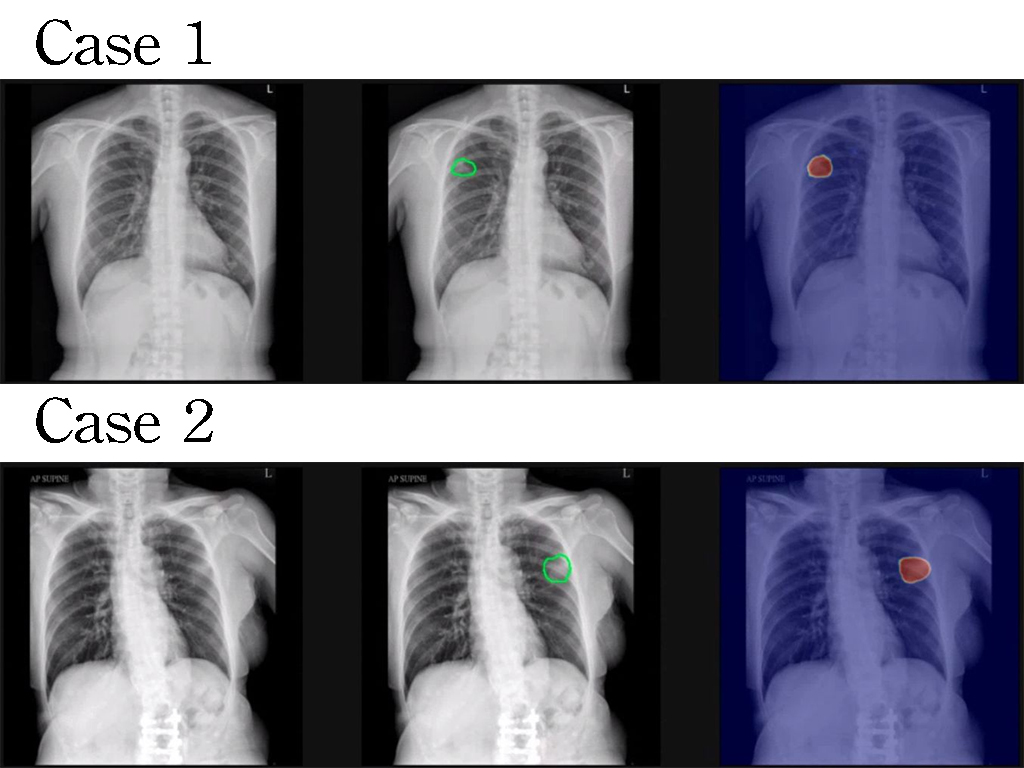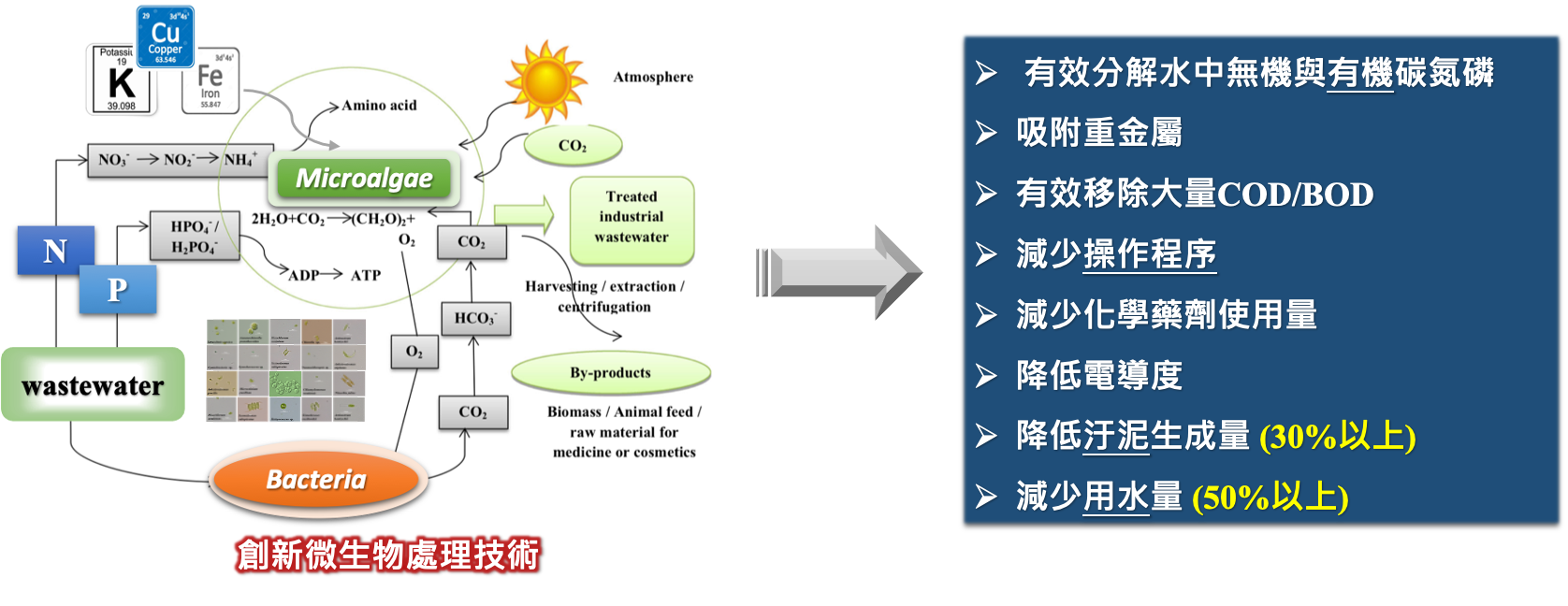| Scientific Breakthrough |
Operated at the lowest supply 0.8V with ping-pong PWM pixel to present the 1st multi-mode vision sensor featuring 71.2uW 360fps image capturing for object recognition, 74.4uW 510fps full-resolution frame-based event reporting for motion detection,121.6uW 890fps block-level saliency detection for object tracking. The sparse algorithm is to store non-zero weights on the CIM can save inference timetotal energy consumption, also reduce the number of parameters by 2048 times. Fusing optical flow, SNN,proprioception on UAV to perform obstacle avoidance in complex environment.
|
| Industrial Applicability |
The dynamic vision sensor has the characteristics of low power consumptiondetecting moving objectscombining stereo vision computing to achieve the distance detection of high-speed moving objects to use in security monitoringUAV obstacle avoidance. With a model compression framework of implementing pruning algorithm on SRAM-CIM hardware accelerator, it can be applied on the IoT device, realize low powersmart computing. In-memory computing AI chips is used in medical treatment, robotics,smart home appliances. UAVs is for inspection, agriculture,transportation.
|


